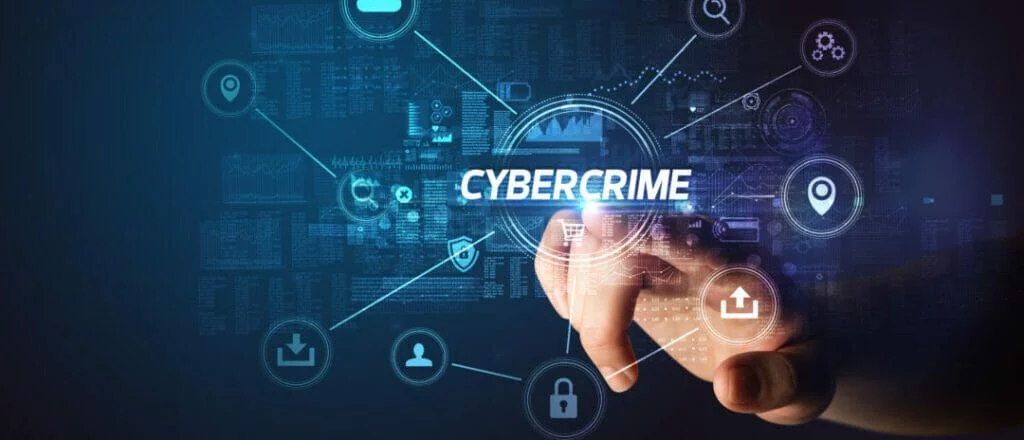This is not a threat. You can be attacked. Your password may not be strong enough to rescue you. Or it may be too weak to withstand the stress test. Whatever it is you may be attacked. Tonight. If you are a cyber rat, you may be attacked. Any time. That is if you are not finicky about the information you dole out whenever you are online. For instance, the threat actors to wreak havoc can combine your email address, password, your credit card details, and personal information.
On The One Hand
Research has shown that there are loads of ways to create strong passwords. One way is using a unique password generator tool. You can use NordPass. It is one of the best password managers. With NordPass, each time you are creating a new account you can automatically generate passwords. It will instantly save your password in a secure vault.
You need a strong password. Because hackers use computers to try various combinations of letters, numbers and symbols in search of the right password. With the latest high technology, a hacker can use high-end computers to crack short passwords. Short passwords have only letters and numbers. For instance, Bigmummy is a short password. Hackers would break this instantly. And cart away your money. Or your data.
To avoid this, get a strong password. A strong password comprises a combination of uppercase and lowercase letters. Numbers. Special symbols. A strong password is usually 12 characters long. For instance, iammovingtothenextlevel. The longer your password, the better. Passwords are like the lock on your apartment door. If your lock is weak criminals would have it easy. So, if you have a weak password, it’s like a weak lock. With a weak password, the number of people that can access your accounts increases. The last time you changed your ATM generic personal identification number was four years ago. You have not changed it since then. That is not too good.
The report maintains that a cyberattack on any of the five most active banks in the USA could affect 38 per cent of the network. By extension, bank customers have nothing to lose from cyberattacks on banks if they have to safeguard their information. That is if customers have strong passwords to protect their privacy and funds.
On The Other Hand
Cybersecurity is a top concern for banks. Customers may be able to recover their money. But the cyberattacks could render some banks insolvent. Or create panic in the system. And put pressure on the banks. Dataprotect Morocco-based firm shows in its report that banks in sub-Saharan Africa are under-protected. It says more than 85 per cent of the financial institutions reported that they have already fallen victim to at least one cyber-attack resulting in losses. Thirty percent of cyberattacks involved bankcards. Others involved phishing. That is sending emails with the intention of tricking you into providing your personal information. You need a strong password.
On The Sideline
Why do I need to change my password every four years?
Well, you can take that with a pinch of salt.
How would I create a strong password?
Passwords that consist of mixed characters are harder to crack. Do not use your personal information.
To create a strong password, use scenarios. For instance, say, “My cousin has taught me how to create a strong password at home.” You can turn this statement into a strong password when you create random combinations. Like this: Mch2mh2casp@h. That is a very strong password!
Does it mean with a strong password, I can avoid cyberattacks?
It depends.
Is that a threat?





